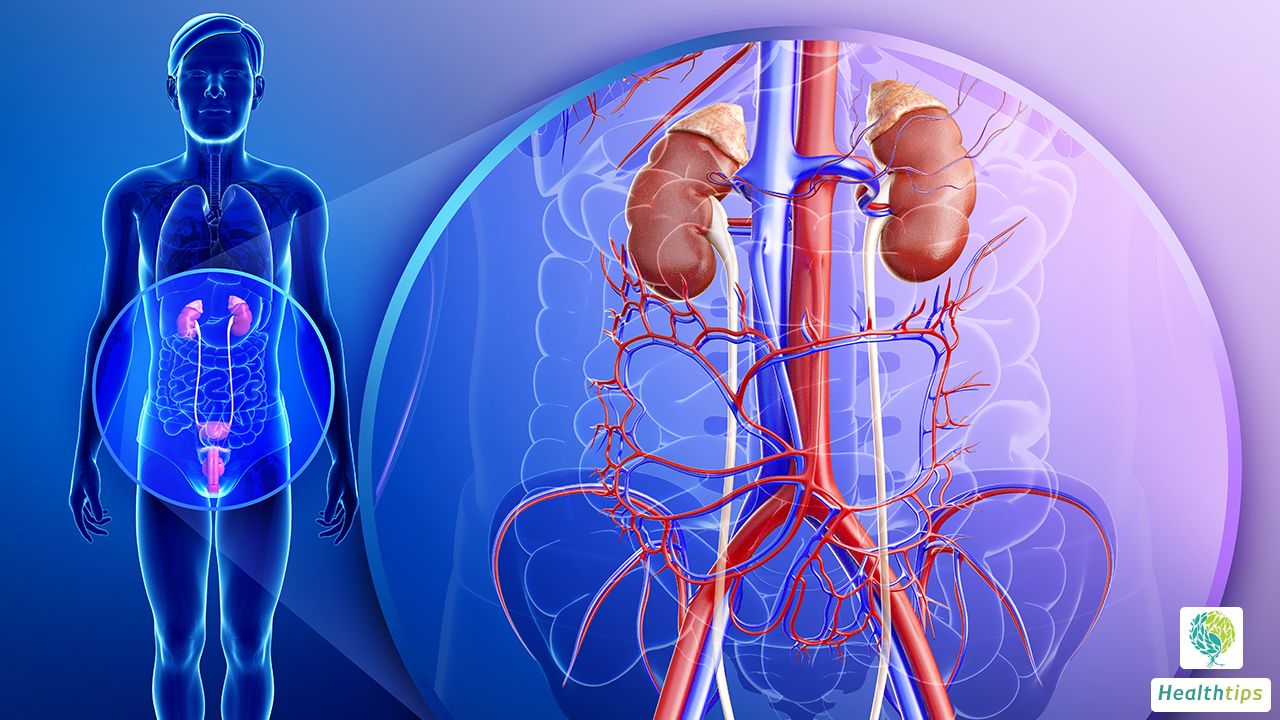Generally, patients aged 16 may suffer from ureteral calculi. It is necessary to seek medical treatment promptly if there are any uncomfortable symptoms. The ureter is a passage connecting the kidneys and the bladder. The crystals formed in the renal pelvis are excreted into the ureter along with urine and grow during excretion, forming ureteral calculi. Metabolic abnormalities or urinary system diseases caused by genetic factors, environmental factors, and other reasons can lead to the occurrence of this disease. People of any age group may suffer from this disease. At 16 years old, during the adolescent stage, the body is in a developmental period with robust metabolism, which tends to deposit calcium in the ureter and further induce ureteral calculi. After being diagnosed with ureteral calculi, patients can take medications under the guidance of doctors, such as Potassium Sodium Hydrogen Citrate Granules and Sodium Bicarbonate Tablets, which can promote the dissolution of stones. They can also follow doctors' instructions to use non-steroidal anti-inflammatory drugs such as Tamsulosin Hydrochloride Sustained-Release Capsules and Ibuprofen Sustained-Release Capsules to relieve pain symptoms. Surgical methods can be adopted if necessary, such as percutaneous nephrolithotomy and open surgery, to remove the stones. It is recommended to drink plenty of water regularly, avoid staying in the toilet for too long, and prevent exacerbating the condition. As for diet, try to consume light and easily digestible food, eat more fresh fruits and vegetables, and foods rich in quality protein, while avoiding spicy, stimulating, and greasy food. At the same time, maintain a good mindset and actively cooperate with doctors for treatment. If there are obvious discomforts during the period, please seek medical attention promptly.


